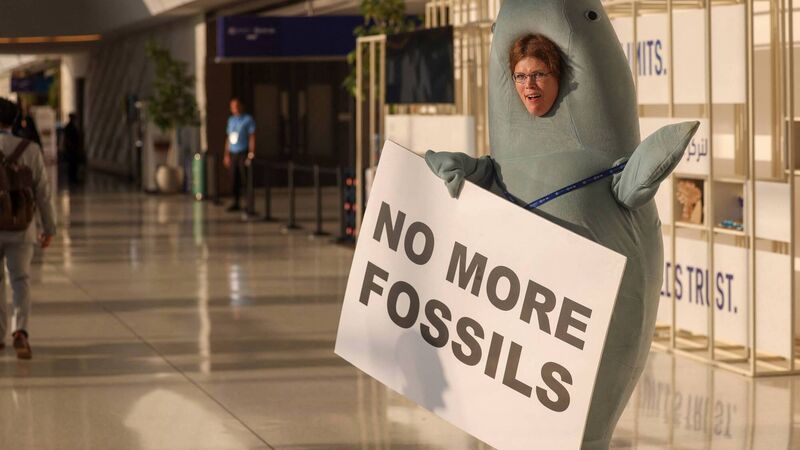Mon, 04 Dec, 2023 - 00:05
Pádraig Hoare, Environment Correspondent
Ireland’s target of 80% renewable electricity by 2030 is virtually unachievable because of fractured planning and policy, according to nearly all experts in the industry.
A new report by KPMG, which comes as world leaders gather in Dubai for the Cop28 climate summit, found that 95% of experts believe Ireland’s Climate Action Plan’s renewable electricity target cannot be met.
Already a subscriber? Sign in
You have reached your article limit.
Subscribe to access all of the Irish Examiner.
Annual €130 €80
Best value
Monthly €12€6 / month
Introductory offers for new customers. Annual billed once for first year. Renews at €130. Monthly initial discount (first 3 months) billed monthly, then €12 a month. Ts&Cs apply.
CONNECT WITH US TODAY
Be the first to know the latest news and updates














